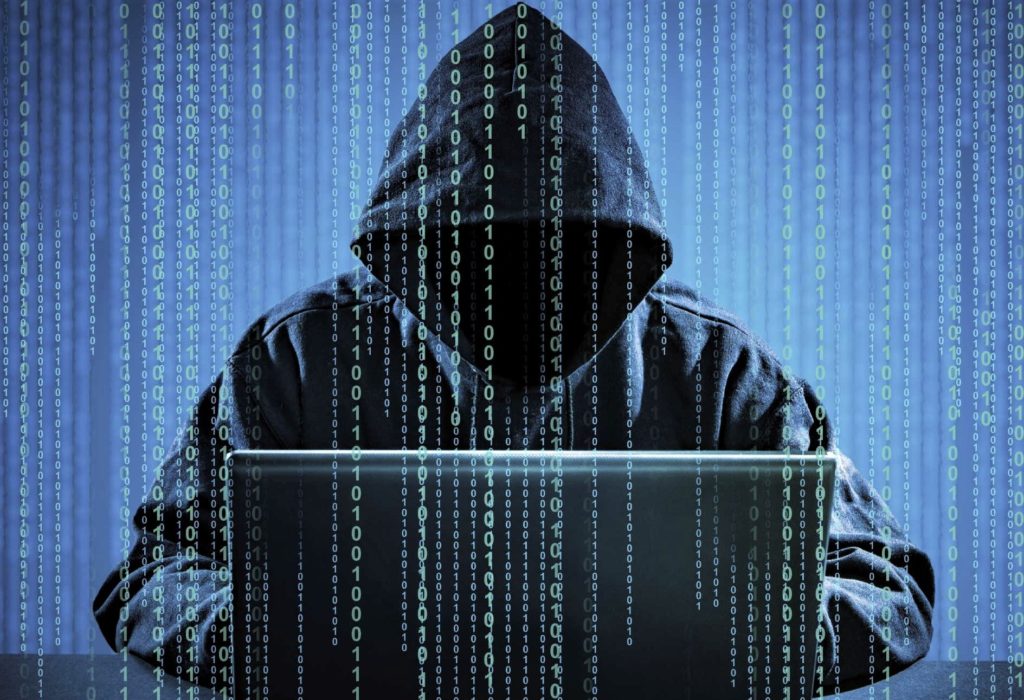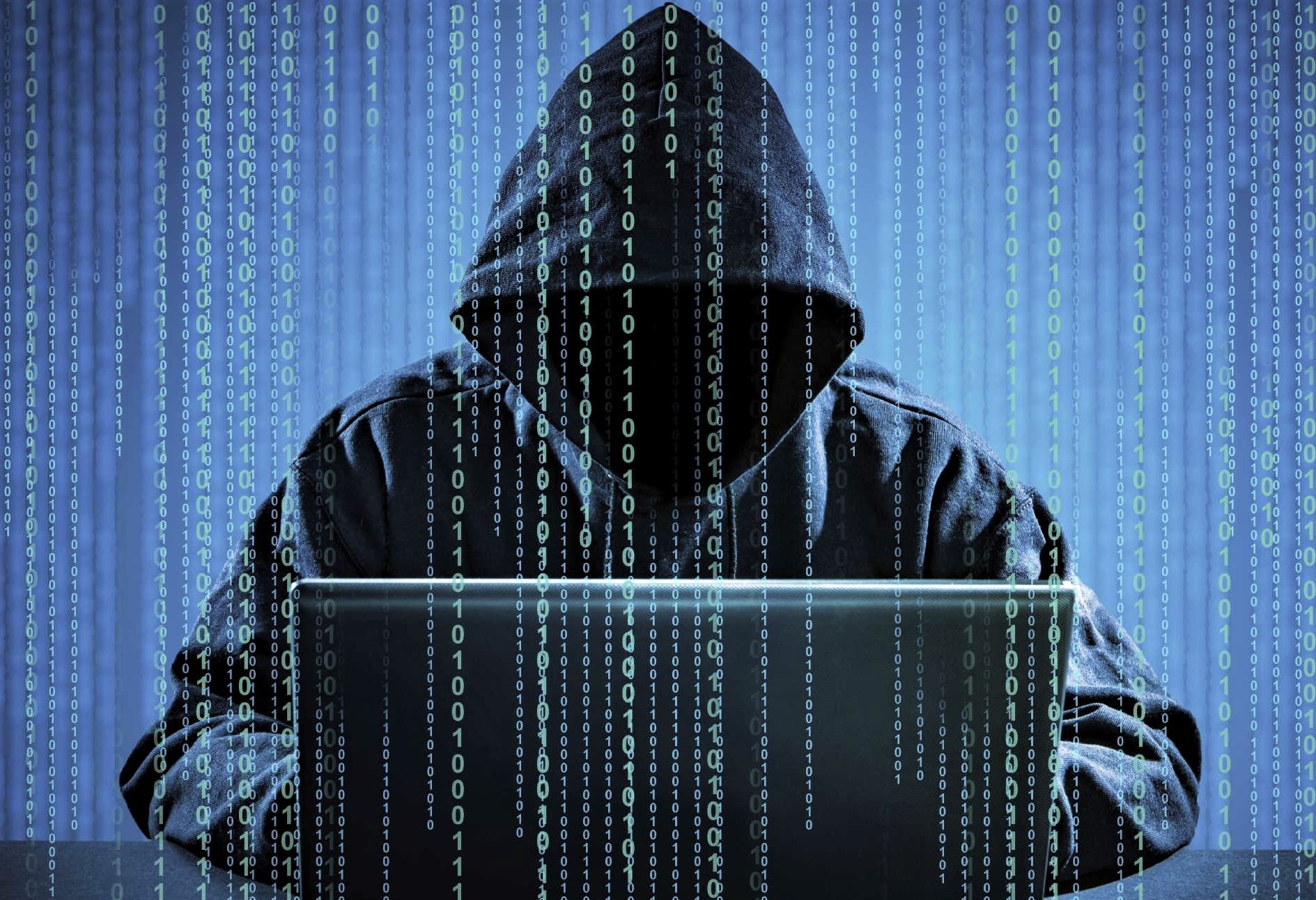In the age of Trump everything is a cultural/political battlefield where the truth is suspect and the weapons are in most everyone’s hands.

The Internet is the infrastructure and social media has become a pipeline of hate speech, conspiracies and political tribalism; a cultural free-for-all where people say whatever they want, attach a link to fear or hate, and pass it along to comrades-in-arms in yet another cyberwar against (fill in the blank). Add the relative anonymity that social media provides, and racism and extremism thrive.
It’s not surprising that hate crimes in America rose last year by 17 percent compared to 2016.
The FBI released The Uniform Crime Reporting Program’s Hate Crime Statistics report, which compiles incidents reported to the federal government by law enforcement agencies. The report shows 7,175 hate crime incidents in 2017 compared with 6,121 incidents in 2016. 58.1 percent were anti-Jewish. 18.7 percent were anti-Islamic (Muslim).
The FBI reports that this is the third year in a row of such a rise in hate crimes and social media has helped feed violent extremism.
According to Peter W. Singer of Defense One, a news, analysis site covering U.S. Defense and National Security, “Right-wing extremists [have] killed more Americans than ISIS in the last decade….Over the last decade, individuals and groups fueled by ‘right-wing extremism’ have committed 71 percent of the known politically or religiously inspired killings in our country — that is, 274 of the 387 Americans murdered by extremists. Reports now indicate it was part of the recent murder of 17 school children and teachers in Florida…”
“If you get your news from social media,” Filippo Menczer writes, “as most Americans do, [a shocking 62 percent] you are exposed to a daily dose of hoaxes, rumors, conspiracy theories and misleading news. When it’s all mixed in with reliable information from honest sources, the truth can be very hard to discern.”
Menczer’s analysis comes from The Conversation, an independent, non-profit media website. Menczer is a Professor of Computer Science and Informatics; Director of the Center for Complex Networks and Systems Research at Indiana University.
“…my research team’s analysis of data from Columbia University’s Emergent rumor tracker suggests that this misinformation is just as likely to go viral as reliable information.
“Many are asking whether this onslaught of digital misinformation affected the outcome of the 2016 U.S. election. The truth is we do not know, although there are reasons to believe it is entirely possible, based on past analysis and accounts from other countries. Each piece of misinformation contributes to the shaping of our opinions. Overall, the harm can be very real: If people can be conned into jeopardizing our children’s lives, as they do when they opt out of immunizations, why not our democracy?”
Add to this the fact that the intelligence community – 16 intelligence groups in the government – all concluded that social media sites like Facebook, were attacked with hundreds of false accounts by Russian actors spreading false information during the 2016 election and you have a potent stew of misinformation, manipulation and hate.
Of course, it doesn’t help when a U.S. president regularly traffics in racial hatred, calling Mexican immigrants “rapists”; referring to immigrants from Haiti and African nations as coming from “shithole countries”; calling the caravan of Central American migrants “stone cold criminals.”
However, Trump is only the latest populist incarnation of fear and hate.
So, how can we bring about change in social media? Personal responsibility.
A couple of years ago, a college friend contacted me. After noticing that I write on ethics, he began sending me messages like, “Jim, have you heard about this! You need to check this out!!!”
A link in the message took me to a conspiracy site. It took 10-15 minutes to check the veracity of the claim with other reliable sources. I e-mailed my friend with about 3 or 4 links to information that debunked the claim.
His response, “Oh.”
I went through this process a couple more times before showing him how he could perform his own due diligence. I’m not sure if he took my advice, but I stopped getting e-mails from him.
With an avalanche of information assaulting us daily, and 62 percent of us relying on social media, most people don’t spend the time to employ a simple search to check the accuracy of information they believe important enough to pass on to others.
“We humans,” Menczer writes, “are vulnerable to manipulation by digital misinformation thanks to a complex set of social, cognitive, economic and algorithmic biases. Some of these have evolved for good reasons: Trusting signals from our social circles and rejecting information that contradicts our experience served us well when our species adapted to evade predators. But in today’s shrinking online networks, a social network connection with a conspiracy theorist on the other side of the planet does not help inform my opinions.
“Copying our friends and unfollowing those with different opinions give us echo chambers so polarized that researchers can tell with high accuracy whether you are liberal or conservative by just looking at your friends. The network structure is so dense that any misinformation spreads almost instantaneously within one group, and so segregated that it does not reach the other.”
So, how do we separate the trustworthy from the false? And how can we learn to set aside our own biases and become more receptive to facts?
One thing is sure: social media cannot algorithm its way out of this problem. While companies like Facebook are doing more to protect us from phony sites and misinformation, we need to do more ourselves. That’s going to take responsibility, restraint and diligence. Three recommendations:
1) Don’t accept anonymous sources just because the information aligns with your own beliefs.
2) Only accept messages from people that you know and communicate with regularly.
3) Perform your own information search to see if it’s valid; and talk to others you trust about it.
“An educated citizenry,” Thomas Jefferson wrote, “is a vital requisite for our survival as a free people.”
The good news: We live in an incredible age of information, literally at our fingertips.
The bad news: We live in an incredible age of misinformation, literally at our fingertips.
In defending British soldiers from the incredibly misleading “Boston Massacre,” John Adams advised the jury: “Facts are stubborn things; and whatever may be our wishes, our inclinations, or the dictates of our passions, they cannot alter the state of facts and evidence.”
When we allow our emotions, misinformation, or wishful thinking to control our decision-making we lose the capacity to make informed decisions.
This is just the beginning of the conversation.
Comments










